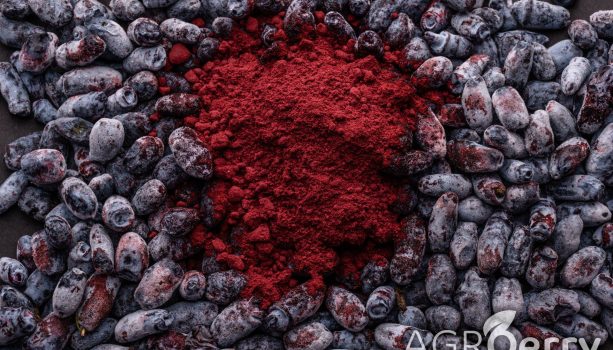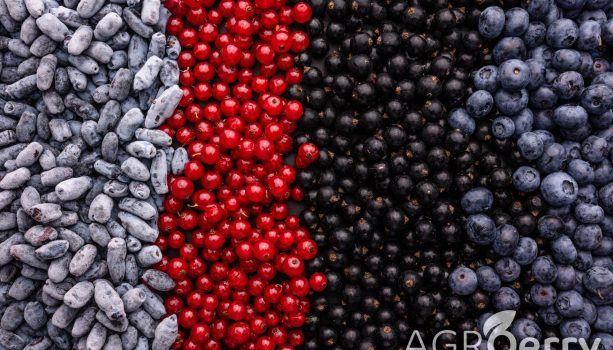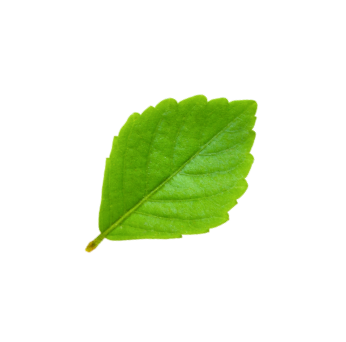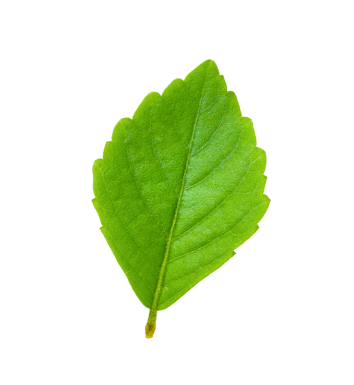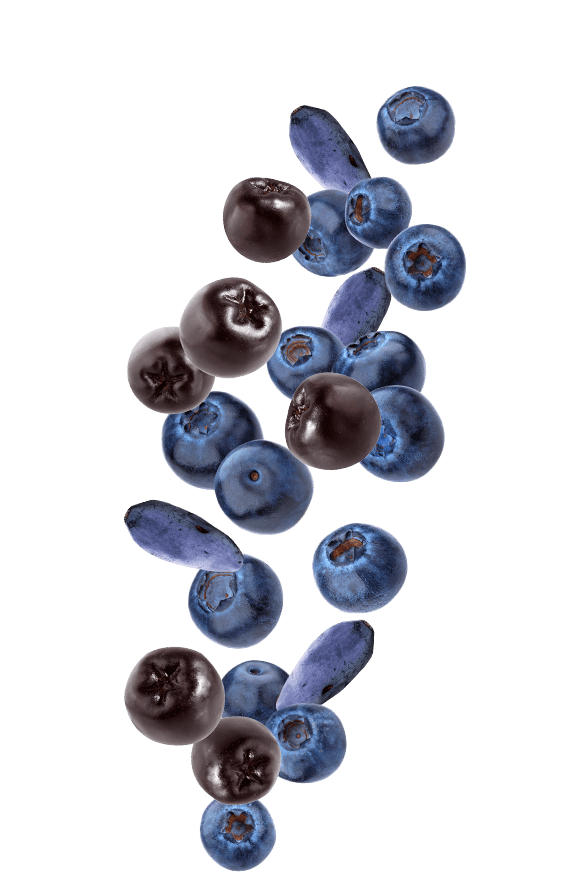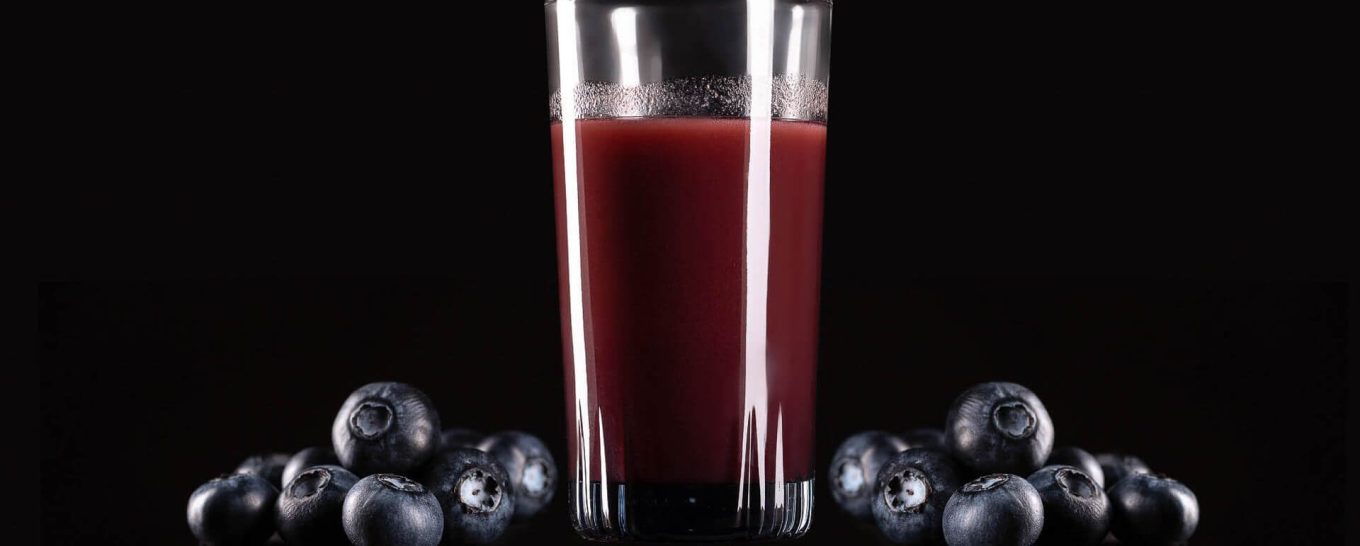
Juice? Yes, but only if made of fruit…
Sounds silly, doesn’t it? The truth is not every product labeled as “juice” is, in fact, juice. Many products sold at supermarkets are merely sugary liquids with additives that come in different colors. The products sold within the European Union do, thankfully, meet certain criteria but that is not always the case worldwide.
Commercial fruit drinks have improved but still vary
Nope, not every juice is the same. As it turns out, modern technologies that are used these days to produce your delicious juice, can also be used to manufacture those less healthy options. And all of that is perfectly legal and in accordance with EU law as well. So how can you, as a consumer, distinguish between the good ones and the bad ones?
The key is the following acronym: NFC. If you are a fan of contactless payments with your phone, you might think it is the NFC technology. Well, it is not. The NFC stands for: Not from Concentrate. So now you know that there is juice made from concentrate and not. What is better? The latter. Juice that is not based on concentrate is simply made of fruit and that is it. Sometimes but only sometimes, such juice might be additionally pasteurized so that it lasts longer which of course makes transport to your store also less cumbersome. Rest assured that pasteurization is not a chemical process; it merely means heating up the product to a temperature that kills all and any bacteria but without losing all the precious vitamins.

